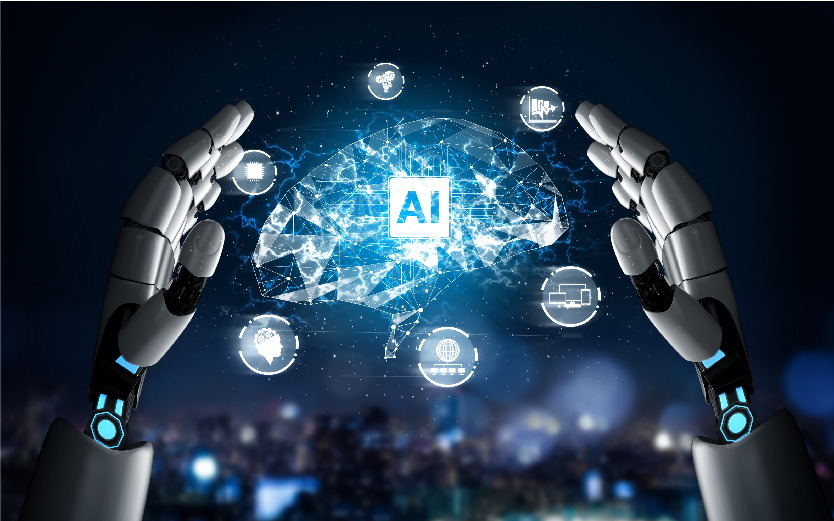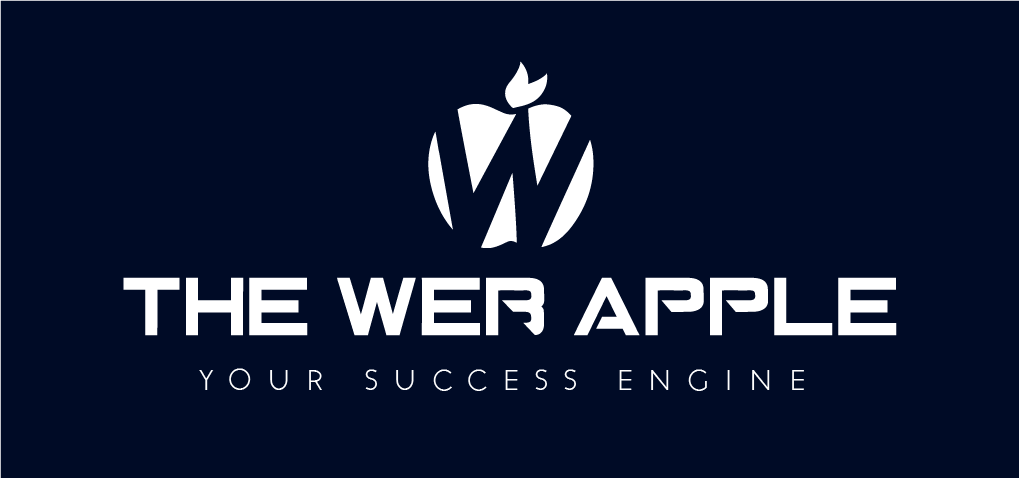
Artificial Intelligence consists of various technologies, with a simulation of human intelligence in machines that are completely programmed to assume and respond like humans. This term is enforced on any machine which is associated with a human mind such as learning and problem-solving.
Artificial intelligence comprises a collection of trends that set to surface in 2021. Here in this blog, we will look at the future of artificial intelligence.
Hyper Automation
Hyper Automation is the process of merging robotic automation with artificial intelligence technologies. It was announced recently that hyper-automation is a core concept of the next wave in digital transformation, and it is one most known Artificial intelligence of 2021.
The power and utility of automation have been known well. As the COVID-19 pandemic made manual work into automation, it proved that automation is smoothening the office workflows very easily and effectively. In future, automation is the only way where each workflow will be automated according to the product requirements.
The artificial intelligence of things (AIoT)
The artificial intelligence of things (AIOT) is a combination of both the internet of things and artificial intelligence. In 2021 and beyond, we will be able to see that AI trends will see a rise in technologies that will get smarter. In AIoT, the internet-connected devices will learn from the data that they collect. It can also know your speech without getting the data from the cloud.
For example, smart office technology can detect what’s happening in the office and make decisions about lighting and heating, to save electricity or even an AIoT refrigerator can scan what items are stored inside and suggest to you the recipe.
Artificial intelligence in cybersecurity
Artificial intelligence will power up cybersecurity by helping with the detection and prevention of threats. It can identify the patterns and learn to spot the fraud. Even in some cases, it can prevent unauthorized access and cyber-attacks by learning to identify unusual threat activities.
The executed result of new level artificial intelligence across various categories of cybersecurity, that includes:
IT Asset Inventory – it gains a full and accurate inventory of all devices, users, and applications with access to information systems. Category and measurement of business play an important role in inventory.
Threat Exposure – Artificial intelligence-based cybersecurity systems can provide up to date information & knowledge on global industry-specific threats to assist critical decisions based on what can be used to attack the enterprise.
Breach Risk Prediction – Artificial intelligence-based systems can predict the accounting for IT asset inventory, threat exposure and controls effectiveness. It can be helpful in the planning resources and tool allocation towards the area of weakness. The prescriptive insights which are derived from AI analysis can help you configure and enhance controls to improve the organization’s cybersecurity most effectively.
AI-enabled chips
Artificial intelligence requires more processing power than non-artificial intelligence functions. Also, Artificial intelligence tends to involve processing a lot more data. This growth and accessibility of artificial intelligence-computing create high demand for more powerful hardware and software. The creation and supply of Artificial intelligence-enabled chips are leading AI trends in 2021. This hardware is more efficient and enables the increasingly widespread use of artificial intelligence automation.
Artificial Intelligence solutions for IT
The number of artificial intelligence solutions which are specially developed for IT will increase in 2021. Some top companies predict that artificial intelligence can detect common IT problems on their own and solves any malfunctions or issues. This will decrease the downtime and allow the team in an organisation to work on high-complexity projects and focus.
AIOps becomes more popular.
In recent years, the complexity of IT systems is increasing. Some researchers say that vendors need platform solutions that combine more than one monitoring such as application, infrastructure, and networking. IT operations can improve their key processes and tasks with AIOps solutions and improved analysis of data. AIOps will empower the cross-team collaboration through end-to-end digital experience and integration of the IT operations.
Artificial Intelligence will assist in structuring data.
In future, we will start seeing more unstructured data which is structured with natural language processing and machine learning processes. Organisations will support these technologies and create data that RPA or robotic process automation technology can use, whenever they need to automate transactional activity in an organisation. RPA is a rapidly growing area in the software industry. With artificial intelligence, unstructured data can easily be converted into structured data, which can offer a defined output.
A large scale of AI in the IT industry
We have been seeing a rapid growth of Artificial intelligence in the IT industry. Organisations will use AI in production and start using them on a large scale. Even, companies can get ROI in real-time with the help of Artificial intelligence. Also, organisations can track their activities by using AI.
Artificial Intelligence Ethics
Some researchers suggest that an Artificial intelligence banking platform will deliver expertise in artificial intelligence against global problems, stimulate innovation, economic growth, and ensure diversity of ethics. Artificial intelligence ethics develop important transparency of data and algorithms which are in the spotlight.

